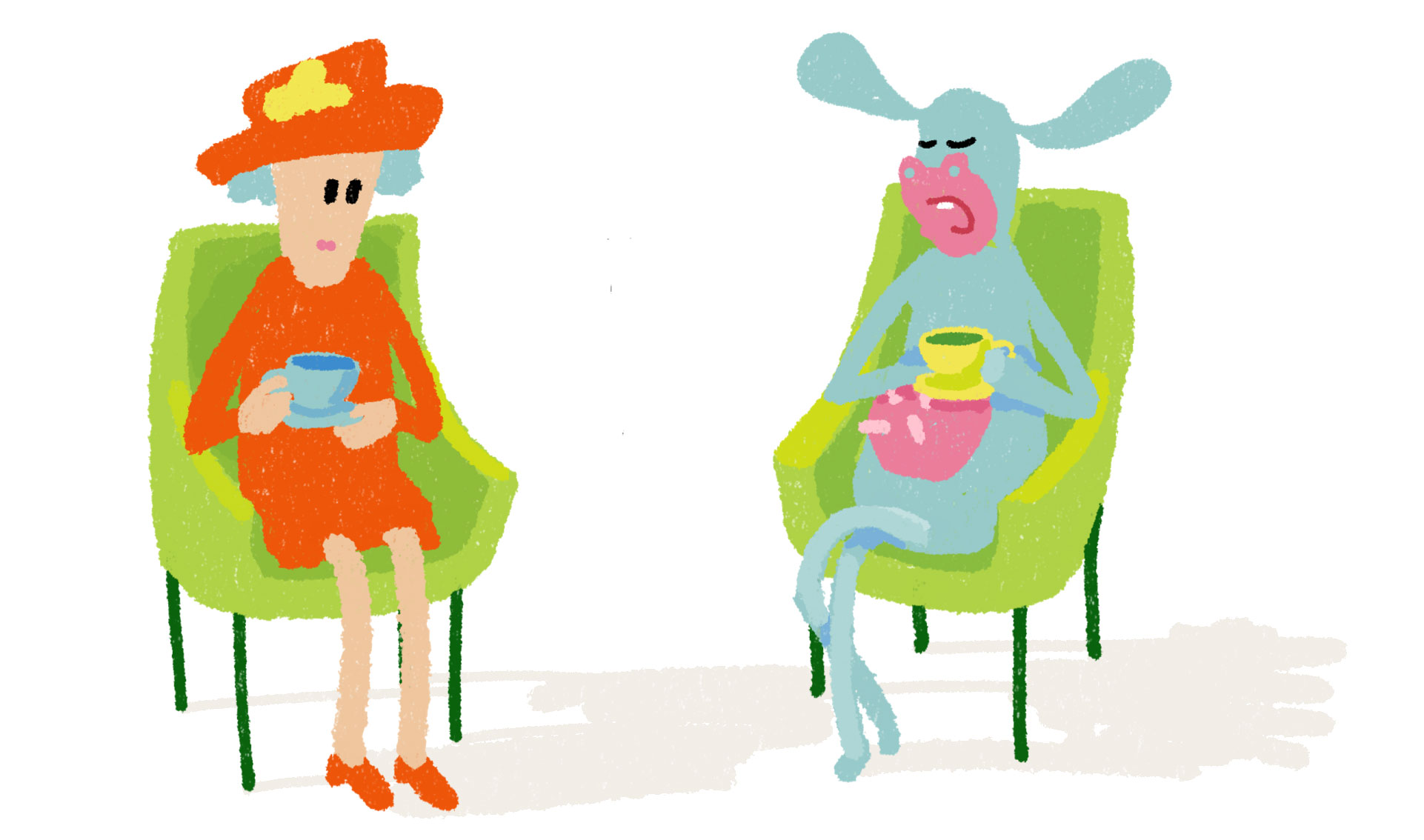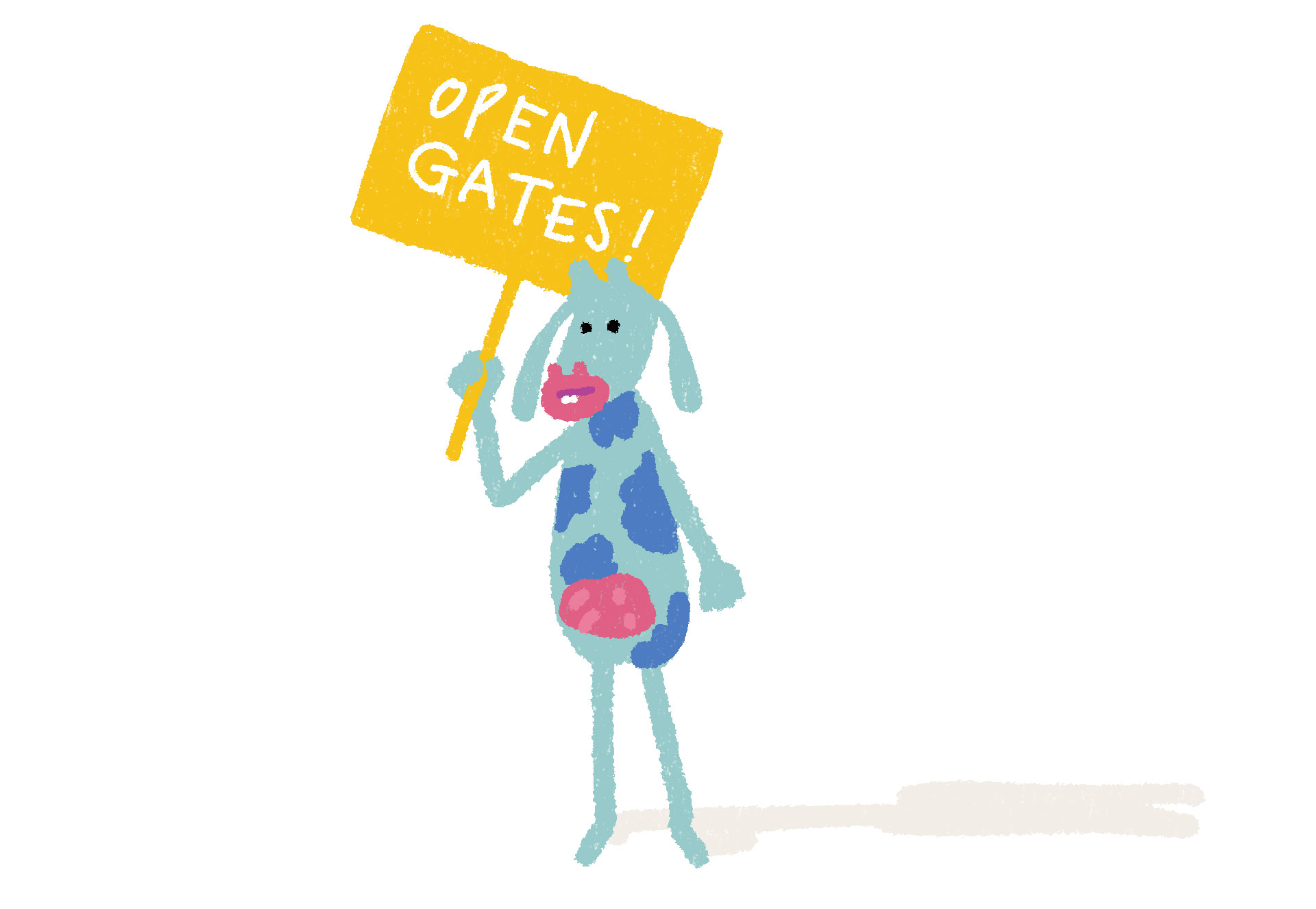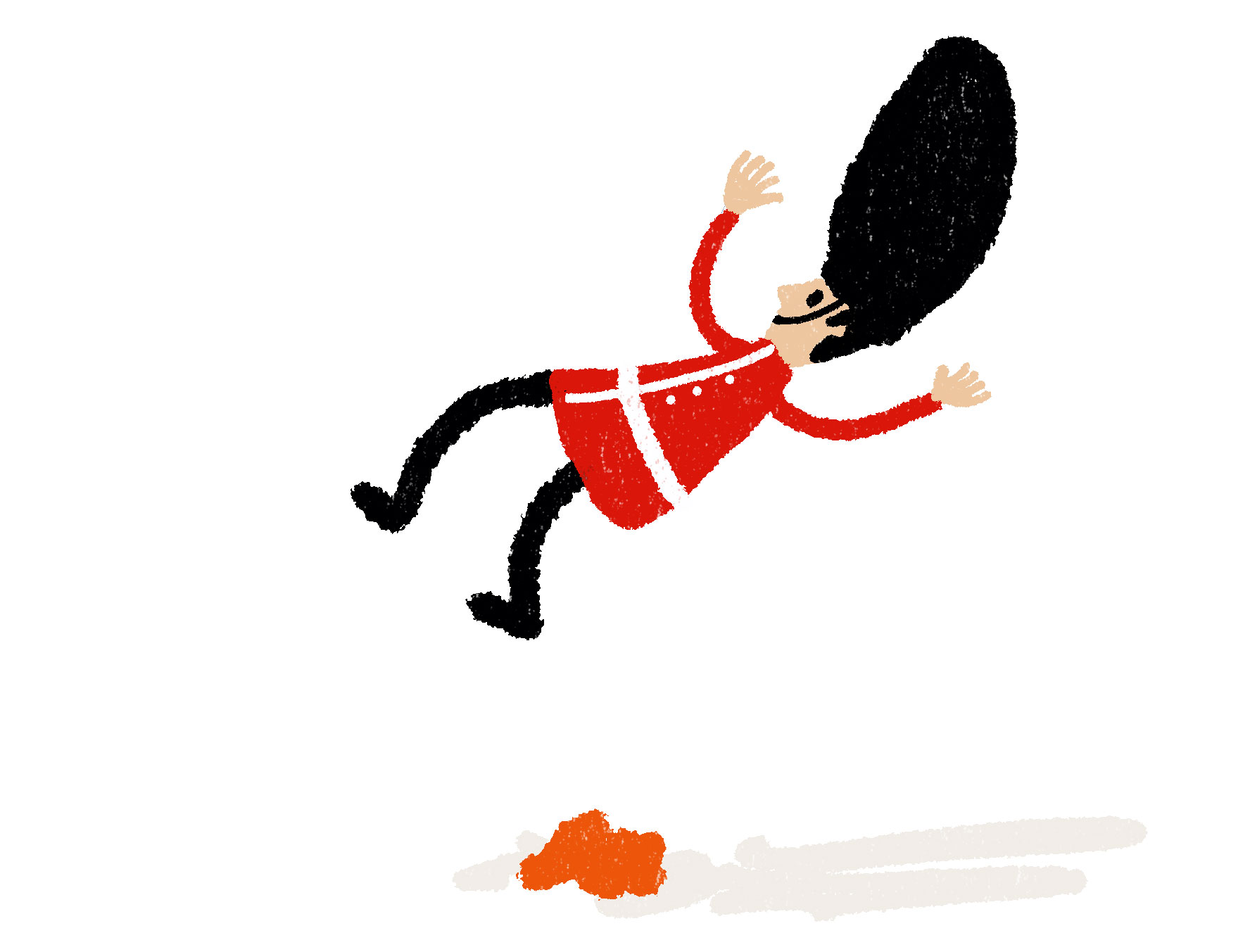When we read, watch or listen to the news the first thing we need to know is the facts.
Who? What? When? And Where?

For instance:
(OK that isn’t very likely but you have to admit it would make a great news story – especially if there were photos!)
Assuming the story is true, that’s a report.
Simple information.
Nothing to argue about.
A straightforward statement of the known facts.
The other two questions you might want answered are ‘how?’ and ‘why?’ – and maybe, ‘what will that mean for the future?’
These can be a bit trickier.
There might be facts here too:
or
But it might be that you can only guess at why something happened:

Strictly speaking a report should consist only of facts, but in practice news reports often include educated guesses or a thought about where the story might go next.
The important thing is that it is clear what is fact and what isn’t.
If there is quite a lot that isn’t fact,then this isn’t a report – it’s opinion.
Opinion is also important to journalism, but it’s different from news. It is telling you what the writer or speaker thinks or believes – and hopefully why. Opinion isn’t very interesting unless it comes with reasons.
An opinion article on the cow story might say:
or

You might think those are stupid opinions. That’s fine. That’s your opinion and you can write your own article saying what you think (and why).
Opinion articles often contain facts but they may be carefully selected to support a particular argument. Other facts might be missing.
If I wanted more freedom for cows, I might point out that a single cow is no real danger to the guards (or the Queen).

If I thought cows belonged only in farmers’ fields I could remind you that cows poo wherever they are, and the guards (and the Queen) might slip on the slime.
If I mention only one of these things, I am choosing my facts to back up my opinion. Each statement alone is true, but it isn’t the whole truth.
So whether we are reading, listening, watching – or indeed, writing – we need to know what kind of journalism we are dealing with.
Is it factual news reporting, or is it one of many possible points of view?